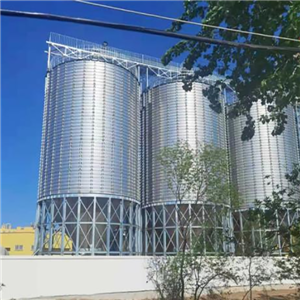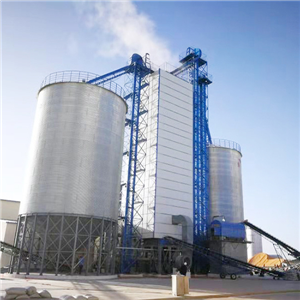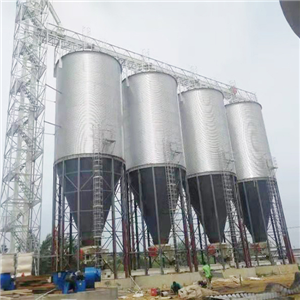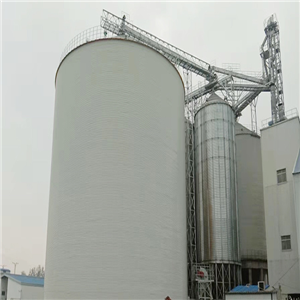Essential Knowledge on Grain Storage: Crucial for Food Security and Sustainable Storage
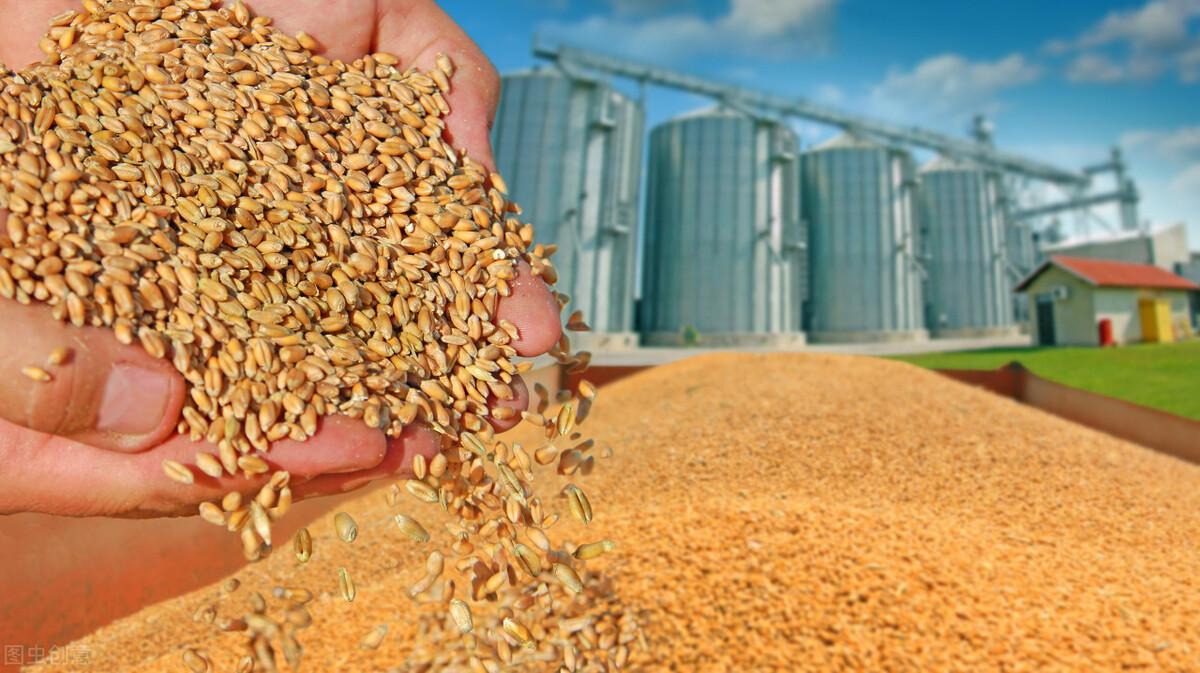
Food Security: The Paramount Goal of Grain Storage
Food security is intricately linked to effective grain storage. Grains, being a staple food source for a large part of the global population, need to be stored in a way that preserves their nutritional value and quality. Adequate storage facilities play a crucial role. In many developing countries, where a significant portion of the population depends on locally produced grains, proper storage is essential. For example, in sub - Saharan African nations, the lack of proper storage infrastructure has led to high post - harvest losses. However, with the implementation of improved storage techniques, such as using hermetic storage bags, food security has started to improve. These bags create a sealed environment that prevents pests and moisture from affecting the grains, thus ensuring a stable food supply.
Temperature and humidity control are key elements in maintaining food security through grain storage. In regions with extreme climates, like the arid areas of the Middle East or the humid tropics, improper storage can lead to rapid spoilage of grains. By using climate - controlled storage units, the risk of mold growth and insect infestation can be significantly reduced. This not only safeguards the quantity of the stored grains but also their quality, which is essential for human consumption. Moreover, proper storage also helps in ensuring a consistent supply of grains throughout the year, regardless of seasonal variations in production, contributing to overall food security.
Sustainable Storage: Minimizing Waste and Environmental Impact
Sustainable storage practices are gaining momentum in the grain storage industry. One of the key aspects of sustainable storage is reducing waste. In many parts of the world, a substantial amount of grains are lost due to improper storage. By employing sustainable storage methods, such as using natural pest control alternatives instead of chemical pesticides, waste can be minimized. For instance, in some Asian countries, farmers are using neem leaves, a natural insect repellent, to protect stored grains. This not only reduces the amount of grains lost to pests but also lessens the environmental impact associated with the use of chemical pesticides.
Another aspect of sustainable storage is the use of energy efficient storage systems. With the increasing focus on reducing carbon footprints, many storage facilities are now being designed to be more energy efficient. For example, some modern grain silos are equipped with solar powered ventilation systems. These systems use renewable energy to maintain proper air circulation within the silos, reducing the need for electricity generated from fossil fuels. In addition, sustainable storage also involves proper management of water usage. In regions where water is scarce, using watter efficient dehumidification methods in grain storage can help in conserving this precious resource.
In conclusion, knowledge about grain storage, especially in relation to food security and sustainable storage, is of utmost importance. By implementing proper storage techniques, we can ensure a stable food supply for the growing population while also minimizing our impact on the environment. The grain storage industry, along with farmers and policymakers, needs to continue to invest in research and development to further improve storage practices and contribute to a more secure and sustainable food future.

